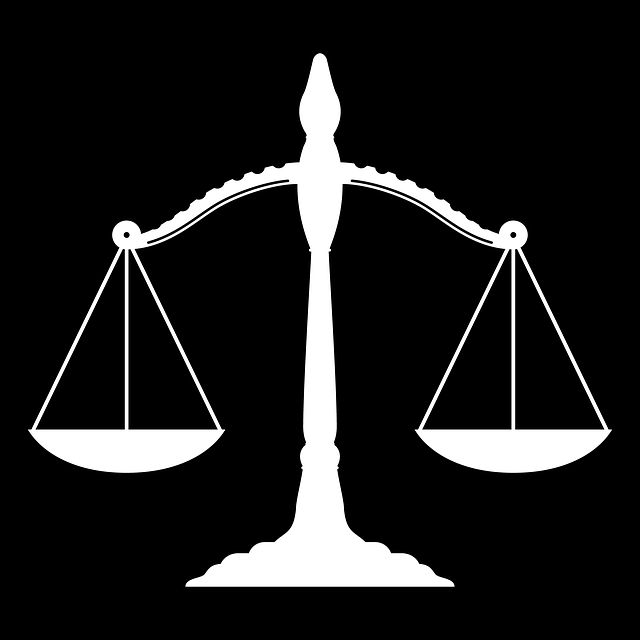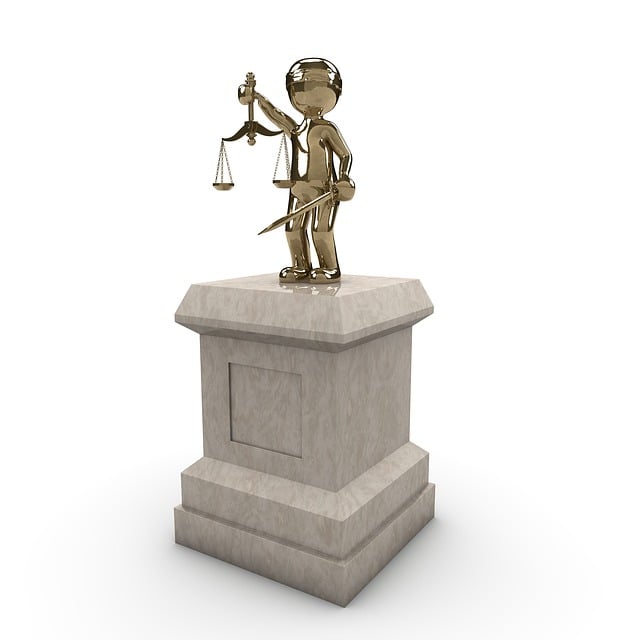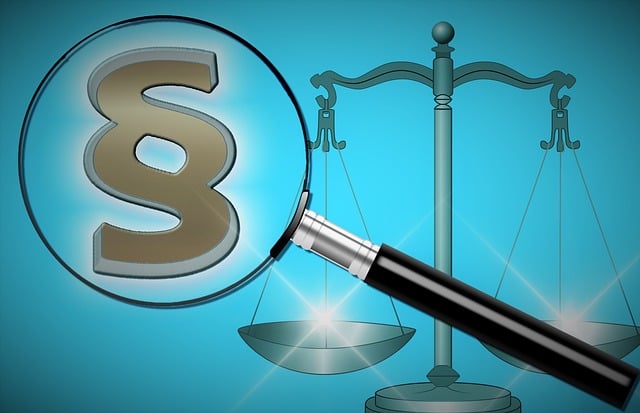C-Level investigations demand a strategic approach to prove guilt beyond reasonable doubt through meticulous evidence gathering, including financial records, digital trails, and witness statements. Law enforcement must navigate these stages fairly and within legal boundaries, especially in high-profile cases, to maintain justice system integrity while presenting compelling narratives. Ethical considerations, such as proving guilt beyond doubt with robust, unbiased evidence, are paramount to prevent wrongful convictions.
In the world of corporate governance, C-level investigations are crucial for upholding integrity. This comprehensive guide delves into the intricate process, from understanding the investigation methodology to navigating ethical considerations. We explore how to gather evidence that proves intent and knowledge, satisfying the legal standard of proving guilt beyond reasonable doubt. Key aspects include recognizing ethical boundaries in high-level inquiries and ensuring a fair, transparent process.
- Understanding the C-Level Investigation Process
- Gathering Evidence: Proving Intent and Knowledge
- Legal Standards: Meeting the Burden of Proof
- Ethical Considerations in High-Level Inquiries
Understanding the C-Level Investigation Process

C-Level investigations, given their high-stakes nature, demand a meticulous and strategic approach from start to finish. The process begins with gathering evidence, which involves sifting through complex financial records, digital trails, and witness statements. This initial phase is crucial for building a strong case, as it aims to prove guilt beyond reasonable doubt – a fundamental standard in general criminal defense.
As investigations progress, law enforcement must navigate all stages of the investigative and enforcement process, ensuring every step is conducted fairly and within legal boundaries. This meticulousness becomes even more critical in high-profile cases where public scrutiny is intense. The ultimate goal is to present a compelling narrative that leaves no doubt about the accused’s involvement, while upholding the integrity of the justice system.
Gathering Evidence: Proving Intent and Knowledge

In C-Level investigations, gathering evidence to prove intent and knowledge is a meticulous process. While the goal is to establish guilt beyond reasonable doubt, it’s crucial to avoid indictment in cases involving general criminal defense or white collar and economic crimes. Investigators must gather tangible proof that shows the individual knew their actions were unlawful and intended to commit them. This involves sifting through financial records, digital communications, and witness testimonies to construct a clear narrative.
Proving intent often requires demonstrating a pattern of behavior indicative of knowledge and purpose. Legal professionals skilled in these matters can navigate complex financial transactions and interpret digital footprints left by suspects. By carefully examining the evidence, they aim to ensure that any accusations are well-founded and avoid the pitfalls of a weak case that could lead to a misdirected prosecution or unfair judgment, especially when dealing with nuanced cases of white collar crime.
Legal Standards: Meeting the Burden of Proof

In any legal investigation, especially those involving C-level executives, establishing guilt becomes a complex task. The onus is on prosecutors to prove every element of a crime beyond a reasonable doubt—a standard that demands unwavering certainty. This principle is particularly significant in white-collar defense cases, where financial transactions and complex corporate structures can serve as loopholes for skepticism.
During jury trials, the burden of proof becomes a pivotal factor. Prosecutors must present compelling evidence, meticulously connecting the dots between the accused’s actions and the alleged crime. For his clients, effective legal representation involves navigating these intricate legal standards, challenging evidence, and presenting alternative narratives to ensure a fair outcome.
Ethical Considerations in High-Level Inquiries

In high-level inquiries involving C-suite executives, ethical considerations come to the forefront. The primary goal is to achieve justice while maintaining integrity throughout the process. One of the most critical standards to uphold is proving guilt beyond reasonable doubt. This principle ensures that any accusations or evidence presented are robust and unbiased, preventing wrongful convictions.
When conducting such investigations, it’s essential to respect the rights of all parties involved, especially high-profile individuals. The focus should be on gathering comprehensive, admissible evidence while adhering to legal frameworks and ethical guidelines. Achieving extraordinary results in these inquiries demands a meticulous approach that considers the complexity of corporate environments and the respective business interests of all stakeholders for his clients.
The complex landscape of C-level investigations demands a meticulous approach, combining robust evidence gathering with adherence to legal standards and ethical guidelines. By understanding the process, ensuring proof beyond reasonable doubt, and navigating ethical considerations, organizations can conduct comprehensive inquiries that uphold justice while protecting reputational integrity. These investigations are pivotal in fostering transparency and accountability at the highest levels.






